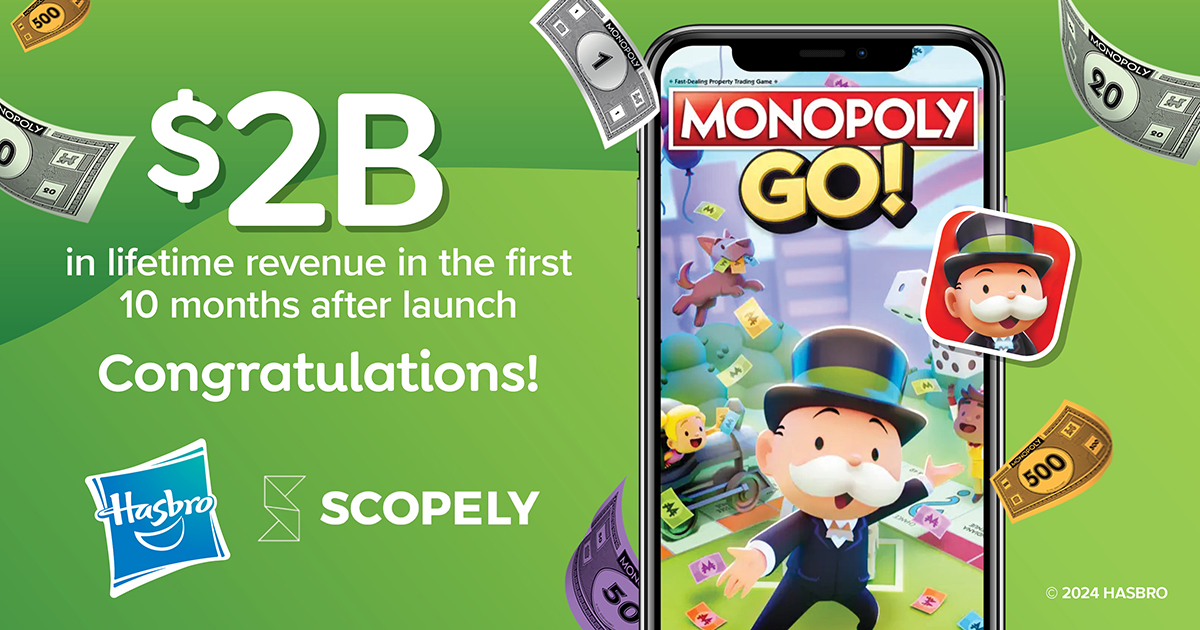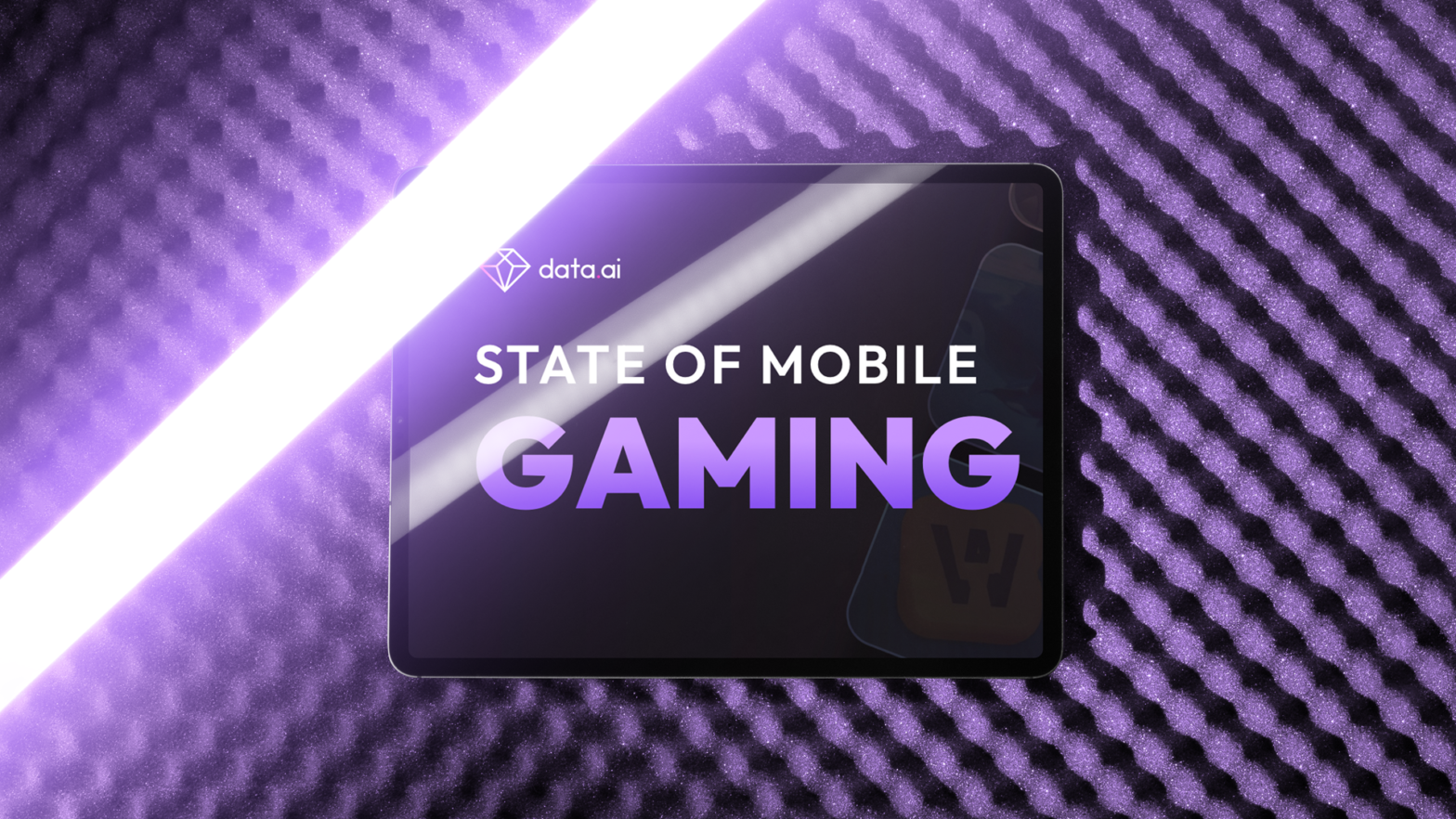In hyper-casual games, developers and publishers are the closest partners who, through collaboration, create hit games. Publishing company ZPLAY has shared an article on how they work with developers to create popular games.
Collaboration
Currently, ZPLAY is collaborating with developers all over the world. The company has a relatively diversified collaboration model. Generally speaking, there are the following types:
- The first pattern is more conventional; after a demo is developed, the developers send it to the publisher for testing. ZPLAY then provides them with suggestions for improvement through data feedback.
- The second pattern is creative customization. We come up with ideas and gameplay. The publisher then works with the developers to bring it all to life and release the game.
- The third is similar to the second. The difference is that ZPLAY only points the developers in the general direction of the market, meaning that a certain genre or theme will have a better chance at a given time. The publisher then allows developers the freedom to create based on that theme.
The company currently has successful cases in all three of these patterns. ZPLAY had over ten successful products last year alone, so they have some insight into this area.
Support
The publisher will use their experience and understanding of the industry to help developers. It has two parts: pre-phase and post-phase support.
The pre-phase part is where the publisher will take the lead in communicating with the developers before the project starts. According to the analysis, they will be told that in the current phase, there will be opportunities in a certain area, or there will be a potential payoff for a certain type of game. The SRs will then work on the game as they wish.
The post-phase part is to make decisions based on feedback from the market. For example, after the publisher has given a general direction, many SRs will make demos. Of course, some are acceptable, and some are not. The publisher needs to check to make sure they are making the right decision. ZPLAY evaluates the product on multi-data such as CPI, CTR, retention, etc. They then make suggestions for refinements to the CP.
Coordination
How long will it take for the game to come out? It depends on how capable the developers are and how closely they work with the publisher.
For example, some developers are pretty capable. They have a lot of ideas, so all the publisher can do is give them advice. The synergy will be powerful if they act fast enough and agree with the direction. They will come up with a product quickly, and the publisher will test the game soon afterward. The whole process takes no more than a week. “Sharpen Blade”, for example, took about a month from getting the demo to the final setup, which is quite impressive.

However, some developers don’t accept the publisher’s ideas. Therefore, they will develop the game in their own way. It is likely that after they have tested their game two or three times and the data is not perfect, they will go back to the publisher for a suitable plan. But obviously, it takes longer.
Controversy/Collision
Is this something worth avoiding? When it comes to game development, whoever has the better idea is always right. If the developer sticks to their ideas, the publisher will respect that. After all, a creative product can only be created if both the developer and publisher like it.
If the companies don’t agree, it will be challenging to make a good product. Therefore, ZPLAY believes it should result from a preliminary discussion, and the partners should discuss it clearly before the release. What is our goal? What kind of game do we want to make?
On the other hand, developers will be worried about time and cost. So if they have to make adjustments without understanding the publisher’s intentions, it will be a painful process. A team of 3-5 people may not release the product in a quarter and may lose credibility.
Scenario A: Communication between developer and publisher is very smooth and efficient. They approve ideas and promise to make adjustments as suggested. It then takes less than a month to refine. Once the test data satisfies the publisher, they release the game.
Scenario B: They could not agree on a product for several months. And so the days go on, all trapped in a dilemma. How would you feel? Actually, the developers themselves would be worried.
610






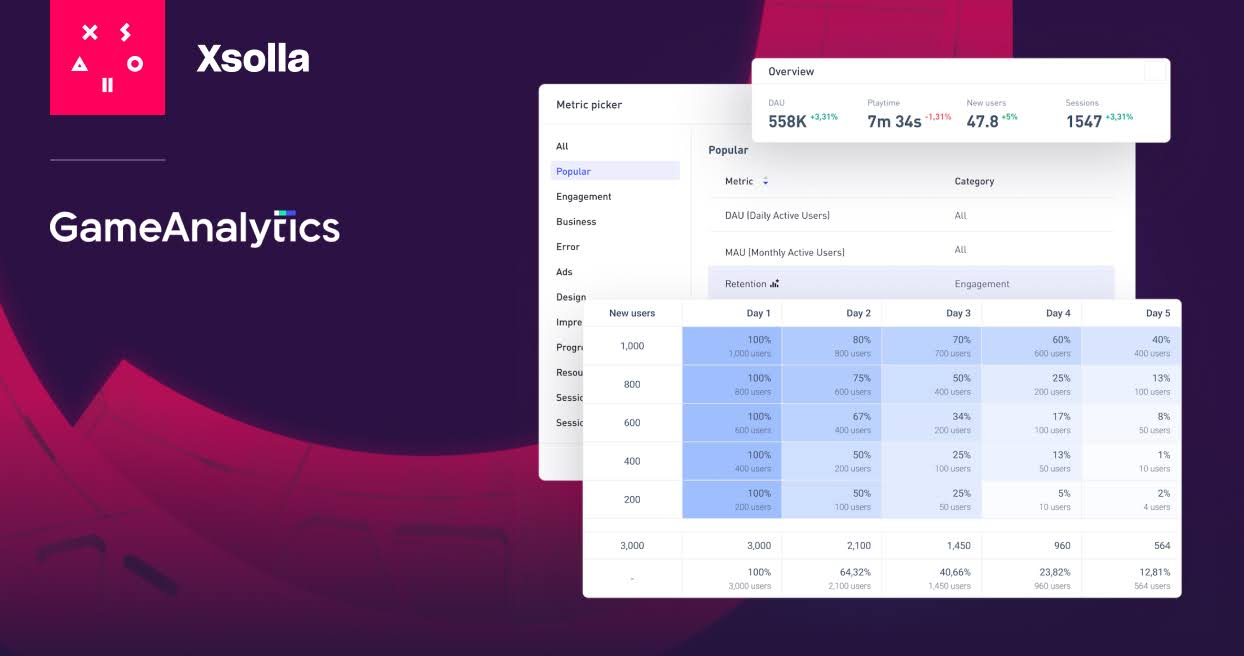

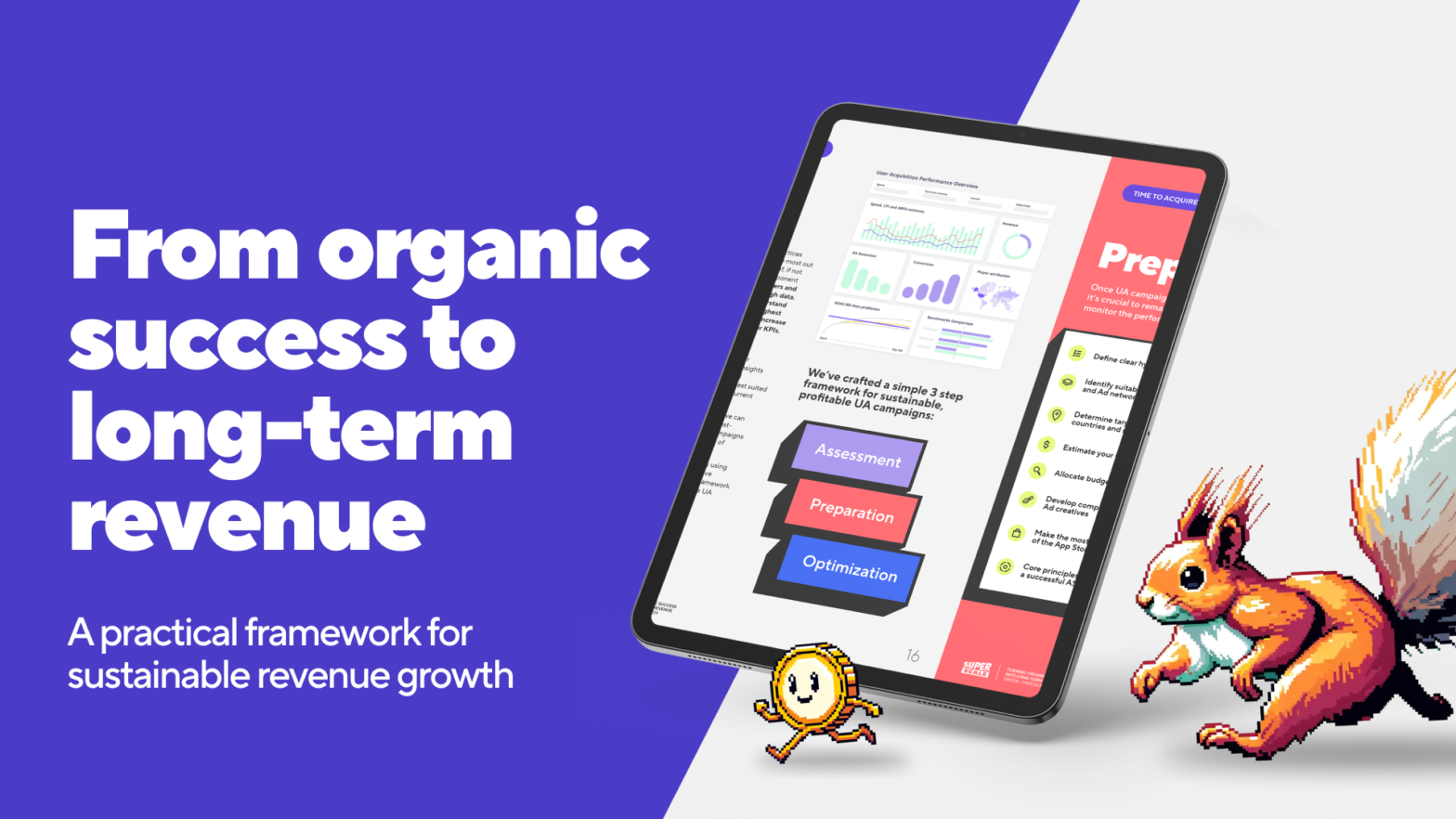
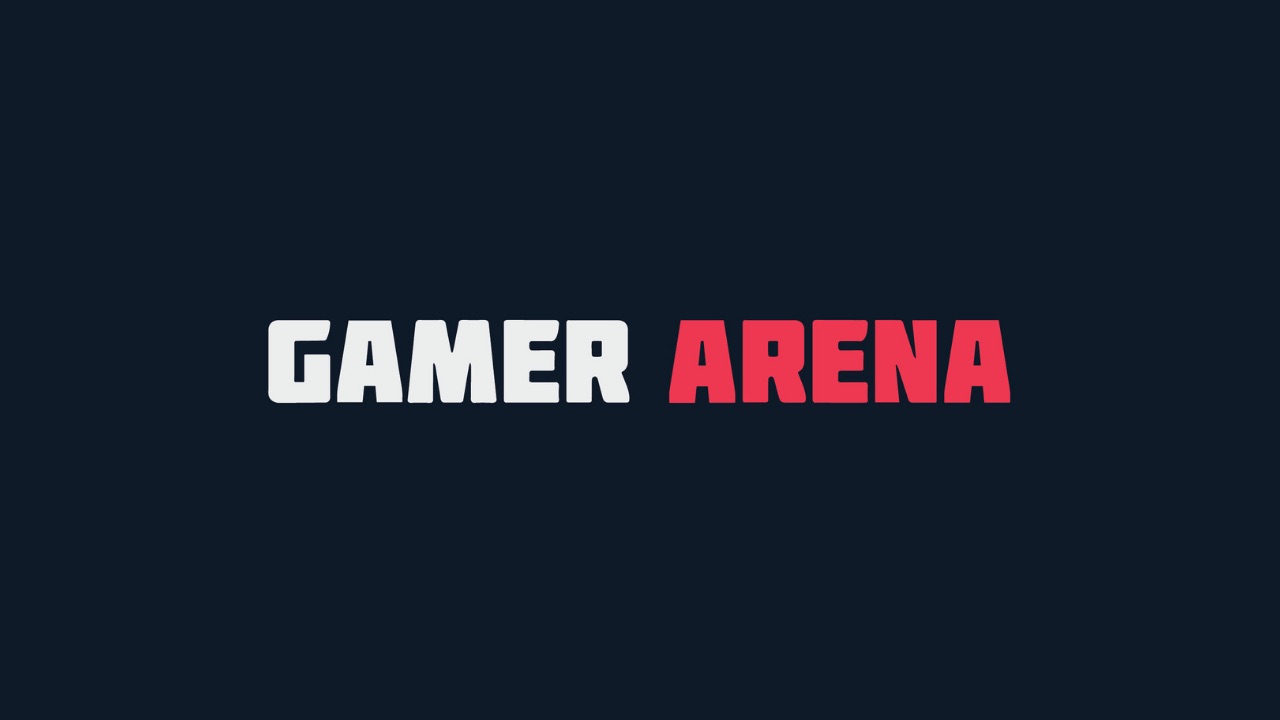

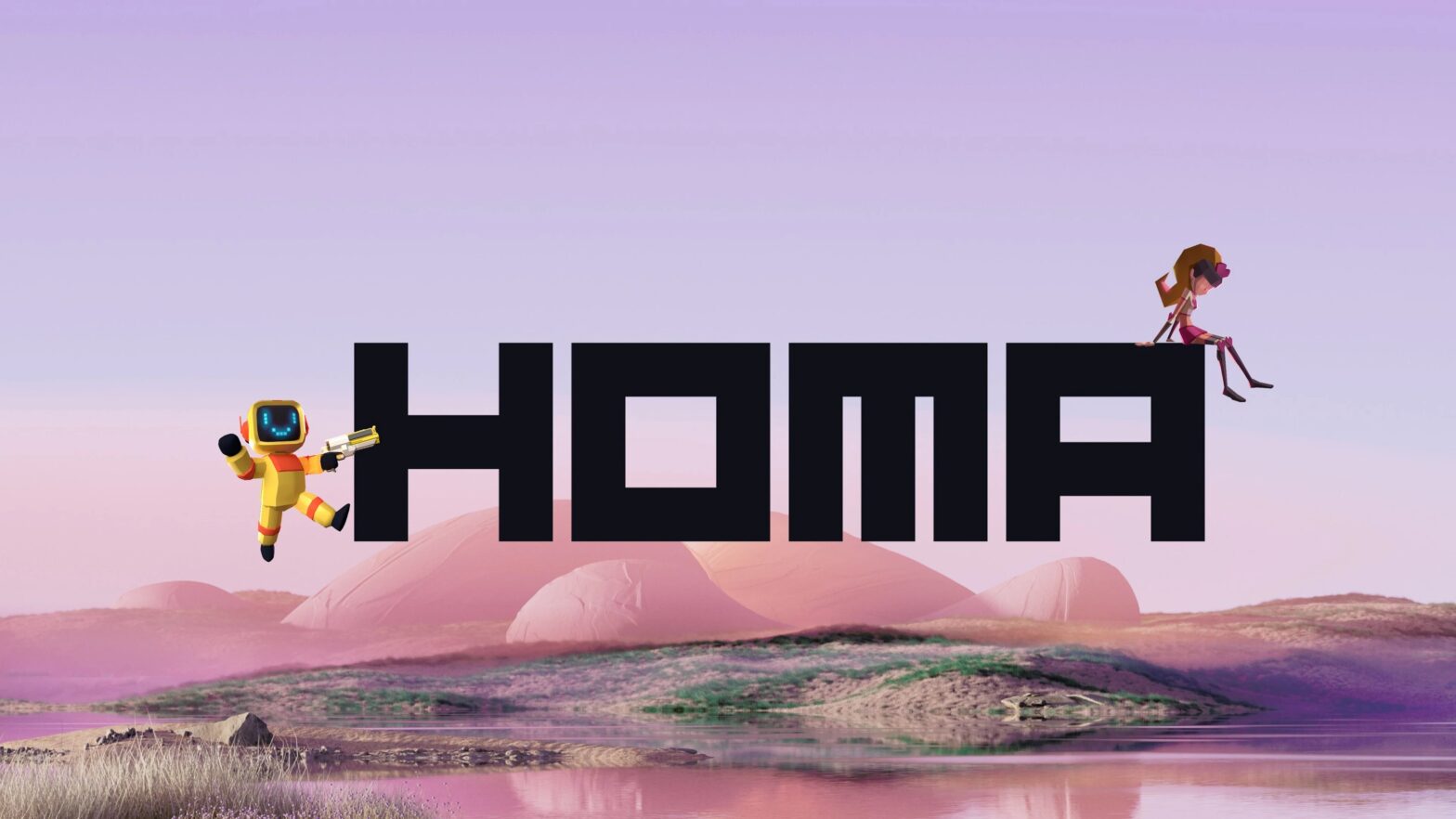

 6 minutes
6 minutes







 2 minutes
2 minutes